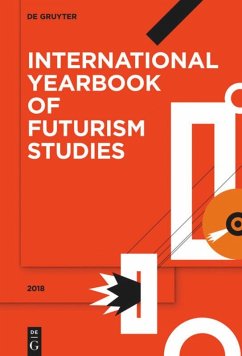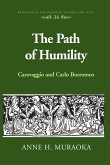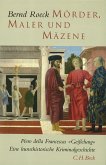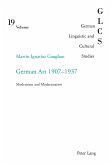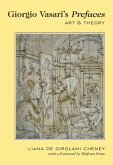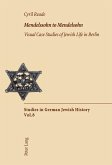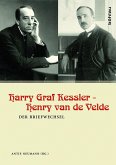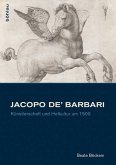The eighth volume of the International Yearbook of Futurism Studies is again an open issue and presents in its first section new research into the international impact of Futurism on artists and artistic movements in France, Great
Britain, Hungary and Sweden. This is followed by a study that investigates a variety of Futurist inspired developments in architecture, and an essay that demonstrates that the Futurist heritage was far from forgotten after the Second World War. These papers show how a wealth of connections linked Futurism with Archigram, Metabolism, Archizoom and Deconstructivism, as well as the Nuclear Art movement, Spatialism, Environmental Art, Neon Art, Kinetic Art and many other trends of the 1960s and 70s.
The second section focuses on Futurism and Science and contains a number of papers that were first presented atthe fifth bi-annual conference of the European Network for Avant-Garde and Modernism Studies (EAM), held on 1-3 June 2016 in Rennes. They investigate the impact of science on Futurist aesthetics and the Futurist quest for a new perception and rational understanding of the world, as well as the movement's connection with the esoteric domain, especially in the field of theosophy, the Hermetic tradition, Gnostic mysticism and a whole phalanx of Spiritualist beliefs.
The Archive section offers a survey of collections and archives in Northern Italy that are concerned with Futurist ceramics, and a report on the Fondazione Primo Conti in Fiesole, established in April 1980 as a museum, library and archive devoted to the documentation of the international avant-garde, and to Italian Futurism in particular.
A review section dedicated to exhibitions, conferences and publications is followed by an annual bibliography of international Futurism studies, exhibition catalogues, special issues of periodicals and new editions.
Britain, Hungary and Sweden. This is followed by a study that investigates a variety of Futurist inspired developments in architecture, and an essay that demonstrates that the Futurist heritage was far from forgotten after the Second World War. These papers show how a wealth of connections linked Futurism with Archigram, Metabolism, Archizoom and Deconstructivism, as well as the Nuclear Art movement, Spatialism, Environmental Art, Neon Art, Kinetic Art and many other trends of the 1960s and 70s.
The second section focuses on Futurism and Science and contains a number of papers that were first presented atthe fifth bi-annual conference of the European Network for Avant-Garde and Modernism Studies (EAM), held on 1-3 June 2016 in Rennes. They investigate the impact of science on Futurist aesthetics and the Futurist quest for a new perception and rational understanding of the world, as well as the movement's connection with the esoteric domain, especially in the field of theosophy, the Hermetic tradition, Gnostic mysticism and a whole phalanx of Spiritualist beliefs.
The Archive section offers a survey of collections and archives in Northern Italy that are concerned with Futurist ceramics, and a report on the Fondazione Primo Conti in Fiesole, established in April 1980 as a museum, library and archive devoted to the documentation of the international avant-garde, and to Italian Futurism in particular.
A review section dedicated to exhibitions, conferences and publications is followed by an annual bibliography of international Futurism studies, exhibition catalogues, special issues of periodicals and new editions.

